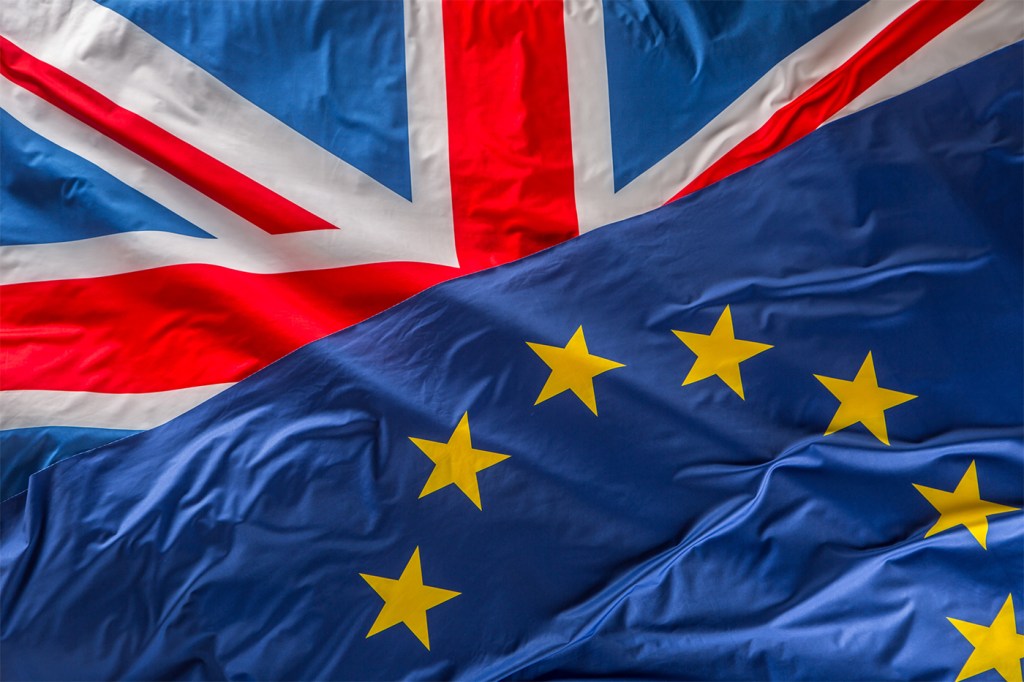Brexit debacle unites the European Union, tests Emmanuel Macron and Angela Merkel

With yet another extension on Brexit, it’s clear that there’s extreme internal turmoil within the United Kingdom’s government. But it’s only serving to make the bond among the 27 other member states in the European Union stronger, says Northeastern political science professor Mai’a Cross.
“Brexit, if anything, has solidified a sense of commonality among the other E.U. member-states. It’s confirmation that doing something drastic like leaving the E.U. isn’t worth it,” says Cross, who is the Edward W. Brooke Professor of Political Science, and whose research focuses on international cooperation and European foreign policy.

Mai’a Cross, who is the Edward W. Brooke Professor of Political Science at Northeastern, says that the Brexit debacle has ‘solidified a sense of commonality among the other E.U. member-states.’ Photo by Adam Glanzman/Northeastern University
The decision to leave was born out of a June, 2016 referendum, in which citizens of the U.K. narrowly voted to withdraw from the European Union.
Almost since then, members of the British Parliament have been unable to agree upon on a plan for leaving. And Wednesday, with just hours to go before the April 12 deadline for the U.K.’s departure, British lawmakers were granted an extension by the European Union, an offer that avoided a devastating “crash-out” scenario. The U.K. now has until Oct. 31 to come up with a plan.
The date was chosen in part because it would mean the U.K. departs the European Union just before a new European Parliament—the governing body responsible for the day-to-day affairs of the European Union—takes office, Cross says.
“It will help to minimize disruption,” she says. “The longer Brexit remains in limbo, the longer the day-to-day business of the E.U. is disrupted.”
Already, the new extension means the U.K. will participate in the election of the new European Parliament on May 23. The timing means the country could potentially influence who will be in power in a bloc it is set to leave anyway. Cross doesn’t think the U.K. will be a “spoiler” on the elections, though.
“As long as they genuinely believe they’re leaving, they’ll feel it’s the reasonable and respectful thing to do, not to get in the way,” she says.
And that will mean the European Union can get on with its business, Cross says.
She says that French President Emmanuel Macron and German Chancellor Angela Merkel have emerged as the “engine of E.U. integration,” and both have several initiatives on the table that have been pushed aside for the Brexit distraction.
In the meantime, the British will still be tasked with coming up with a plan to leave. Though the possibility of the U.K. leaving without a plan in place to do so is one that European and British leaders want to avoid, it’s still very much a possibility, Cross says.
“These cycles of extensions are getting to the point of ridiculousness,” she says. “By Oct. 31, the patience of the E.U. will have worn incredibly thin.”
For media inquiries, please contact Shannon Nargi at s.nargi@northeastern.edu or 617-373-5718.





